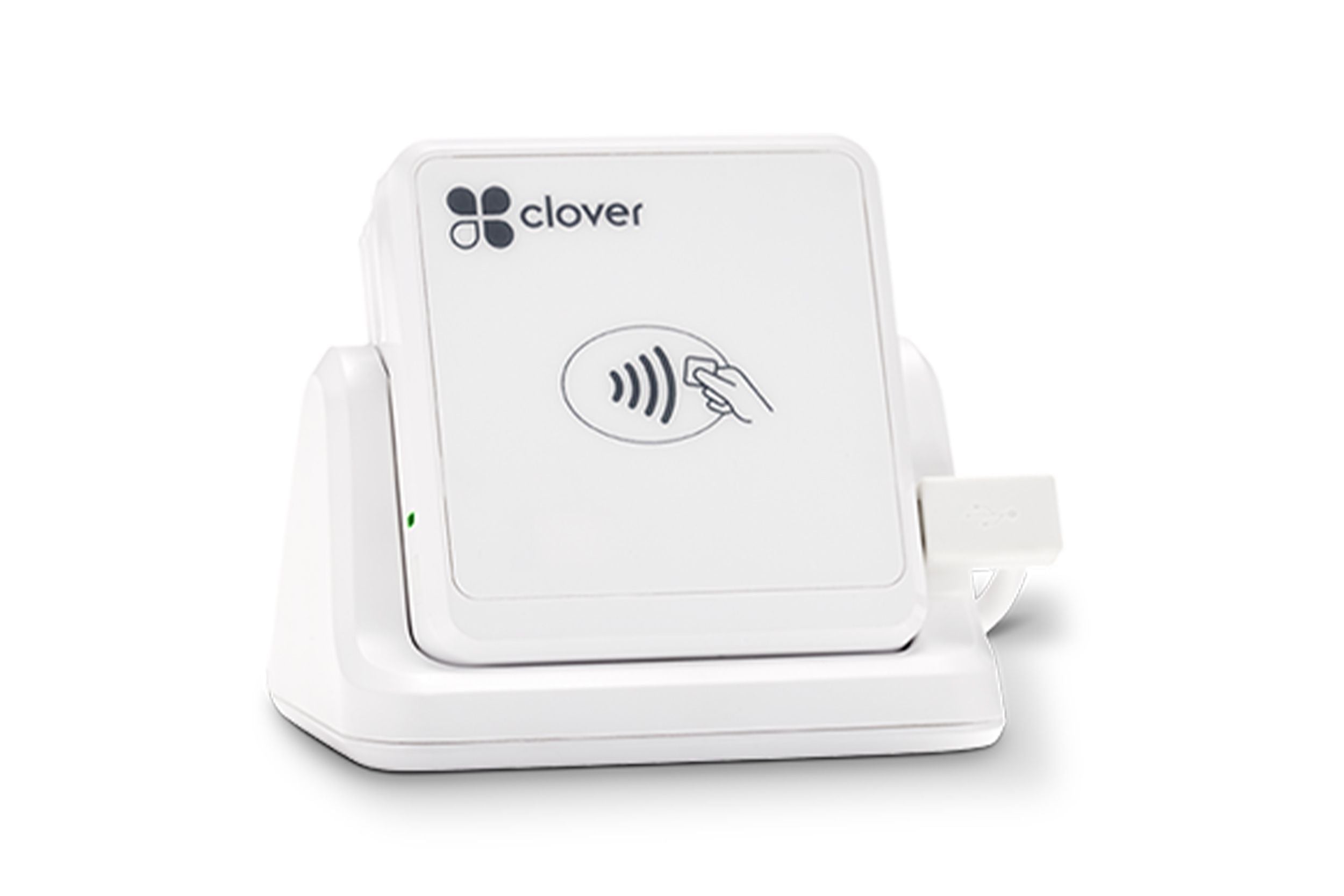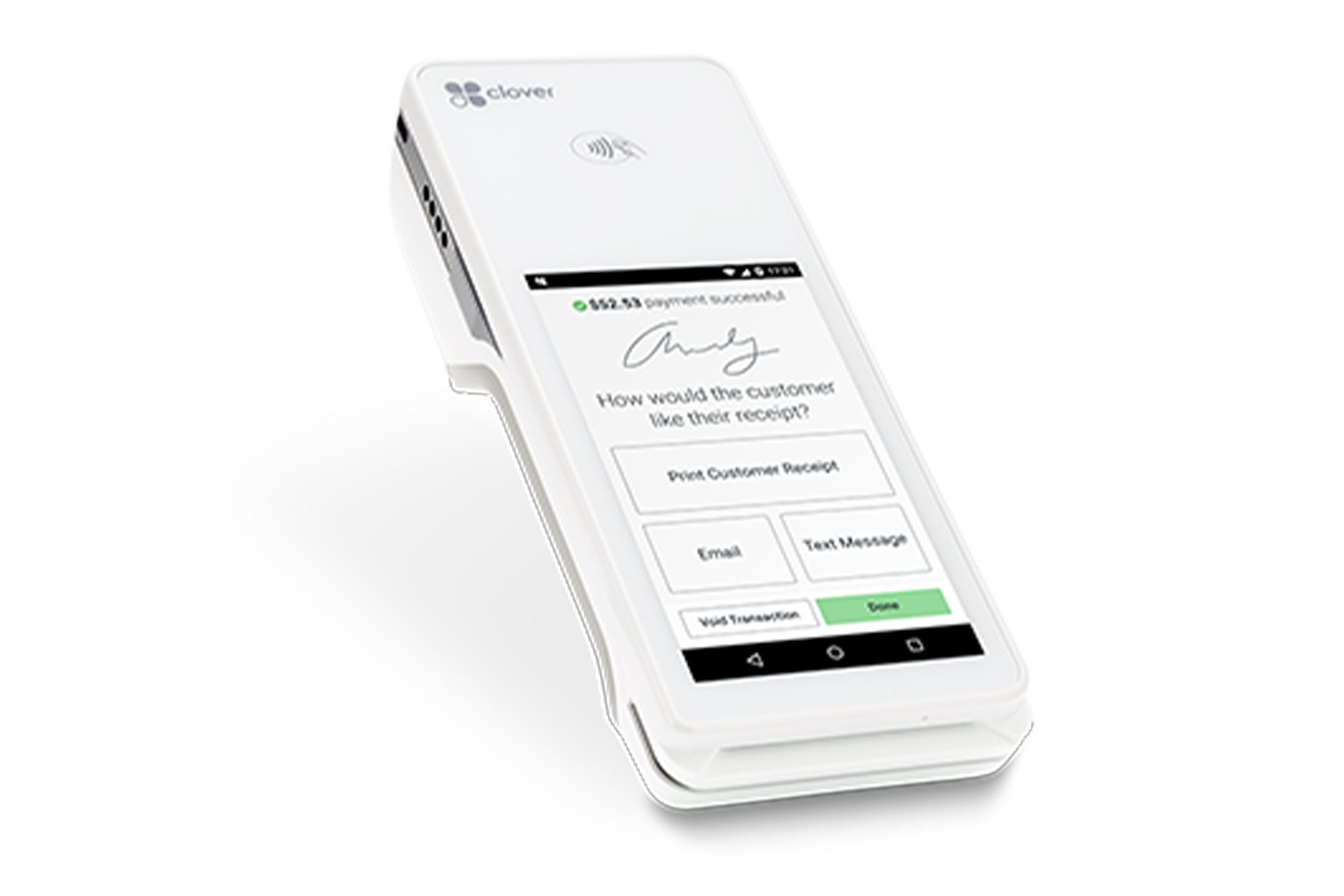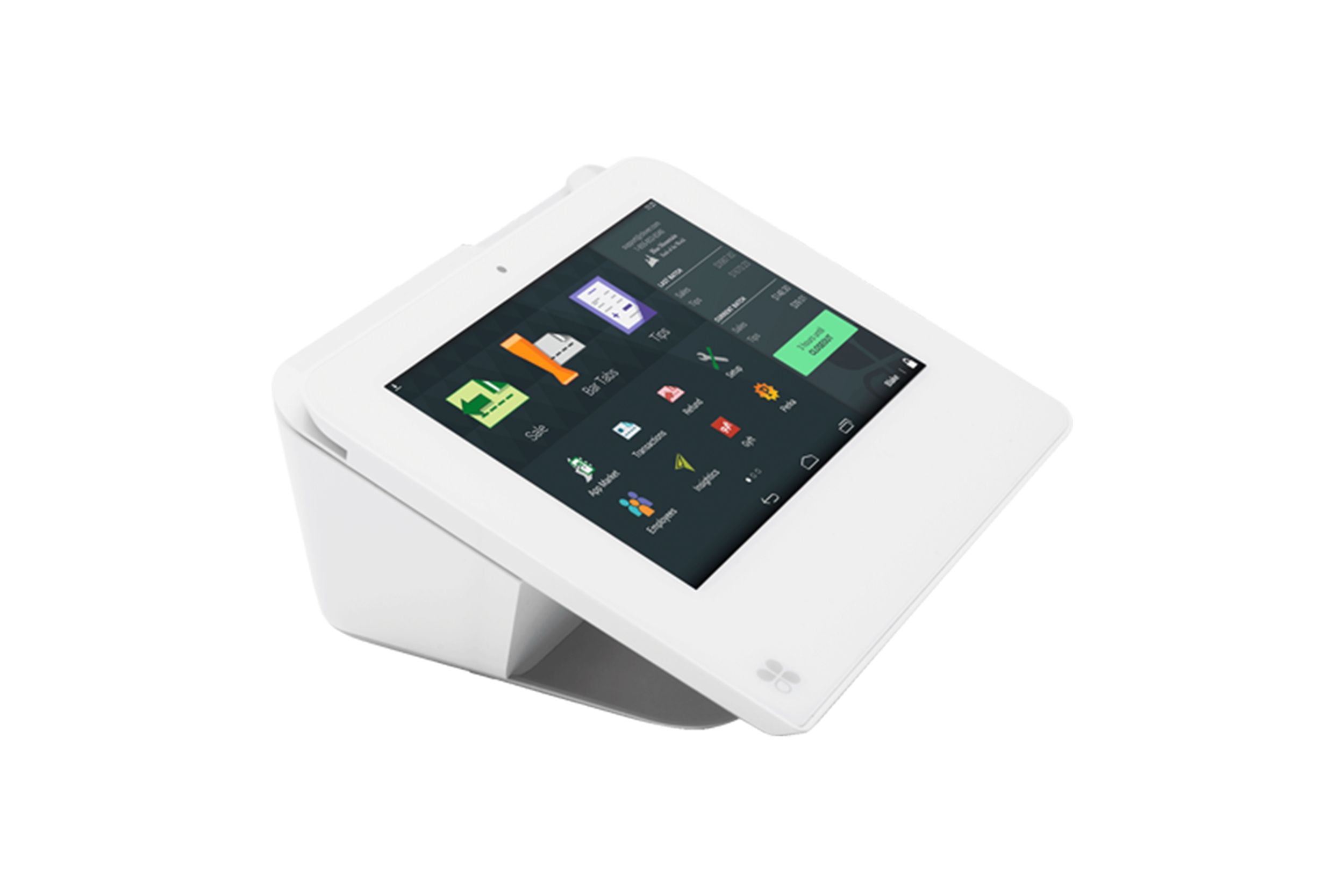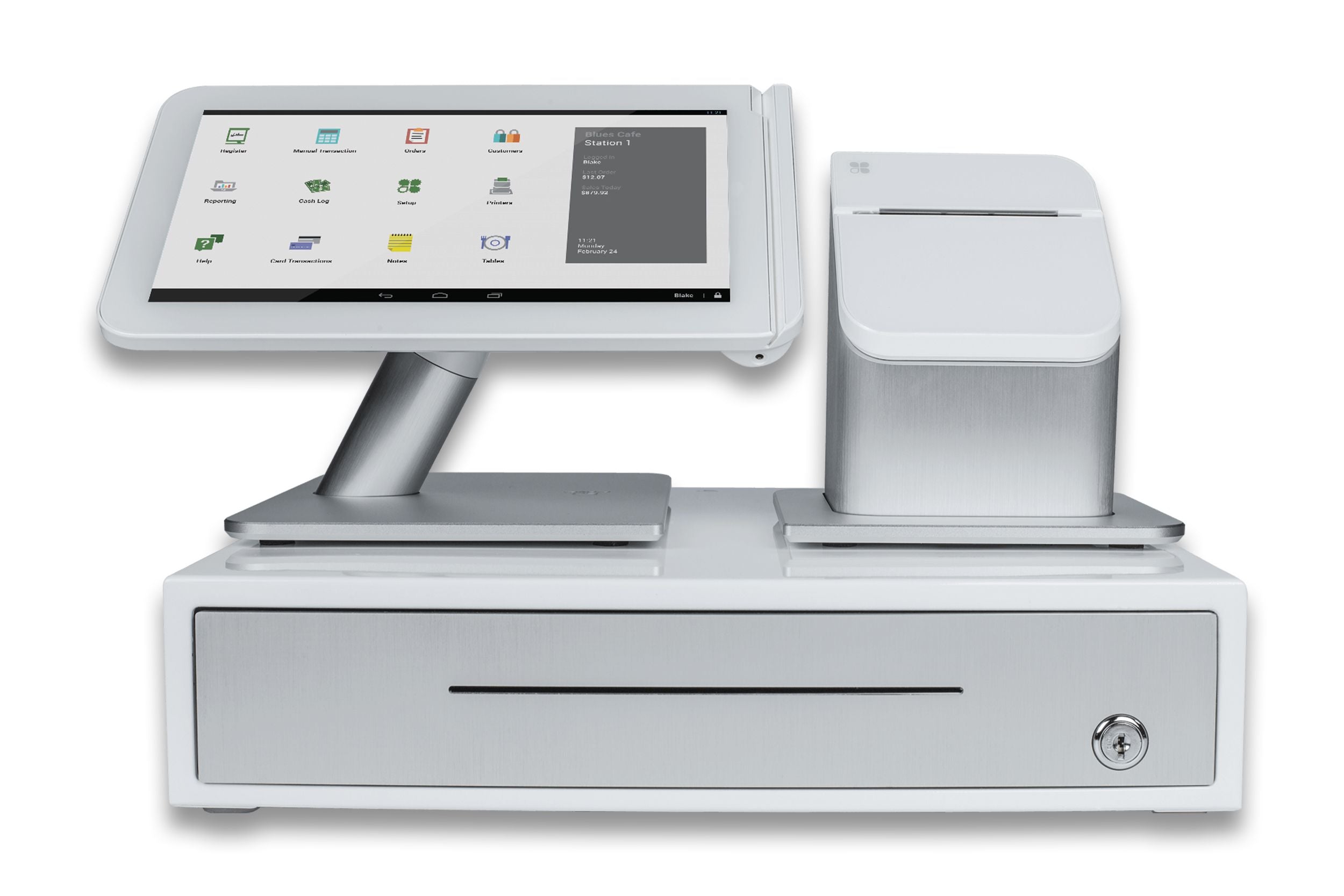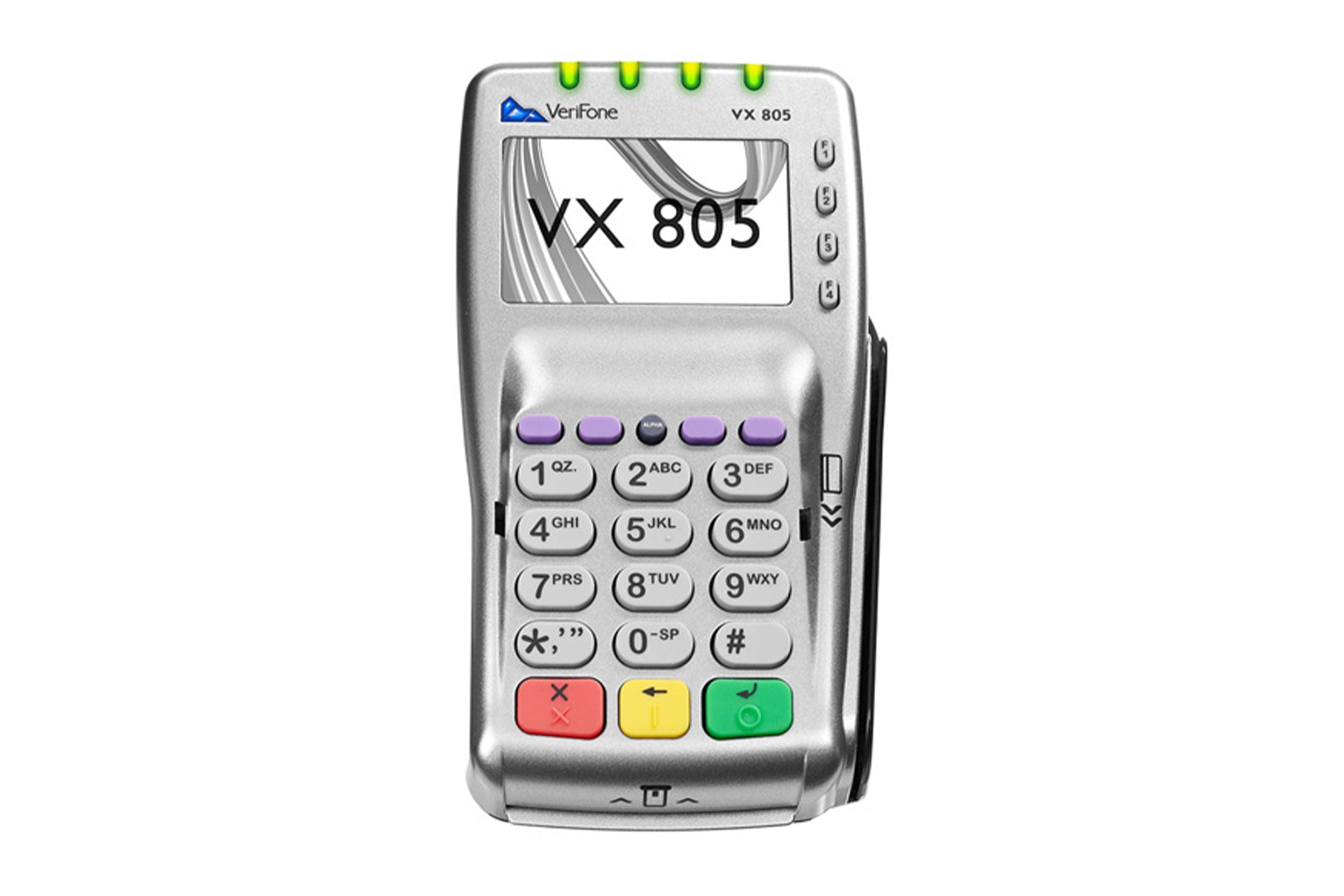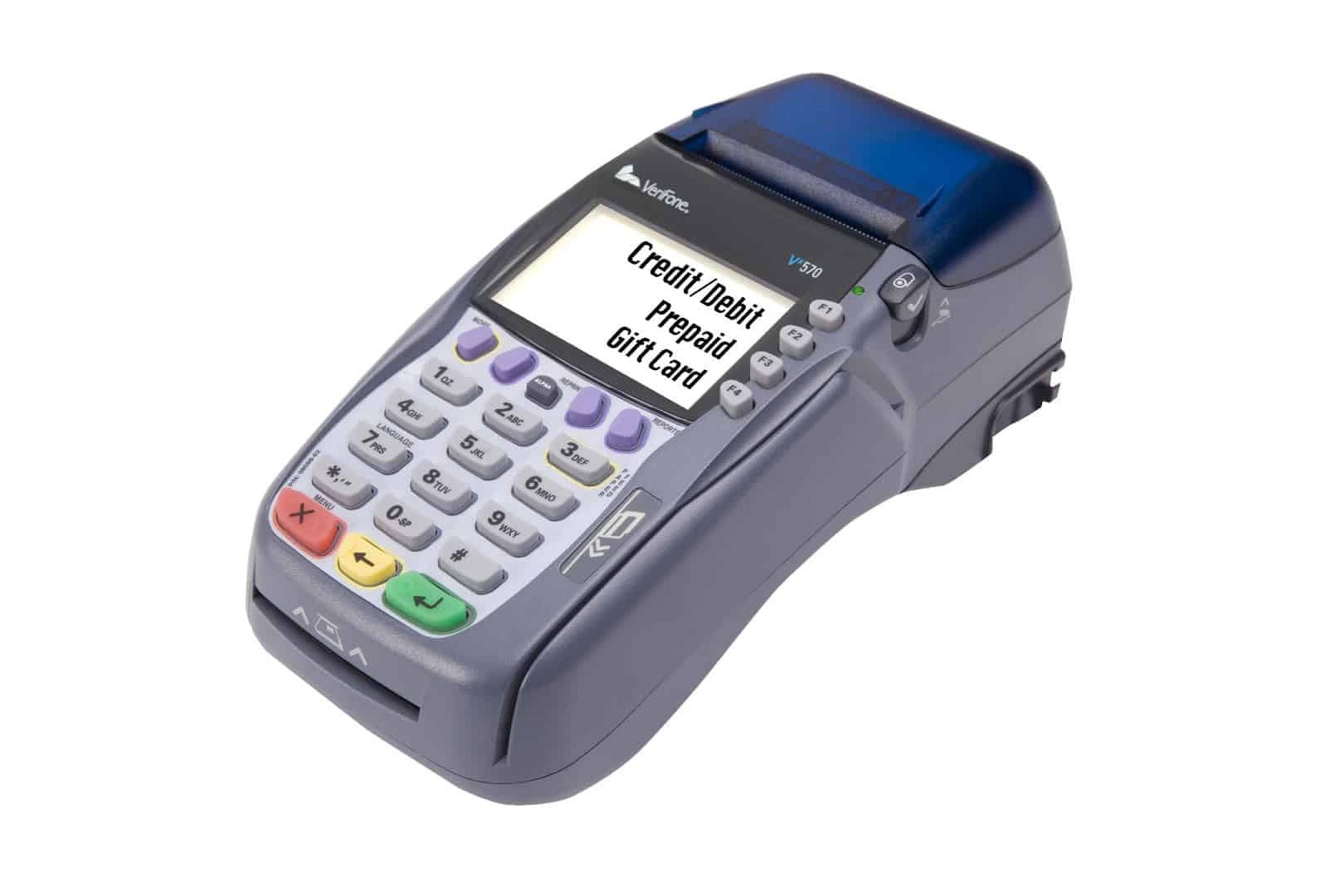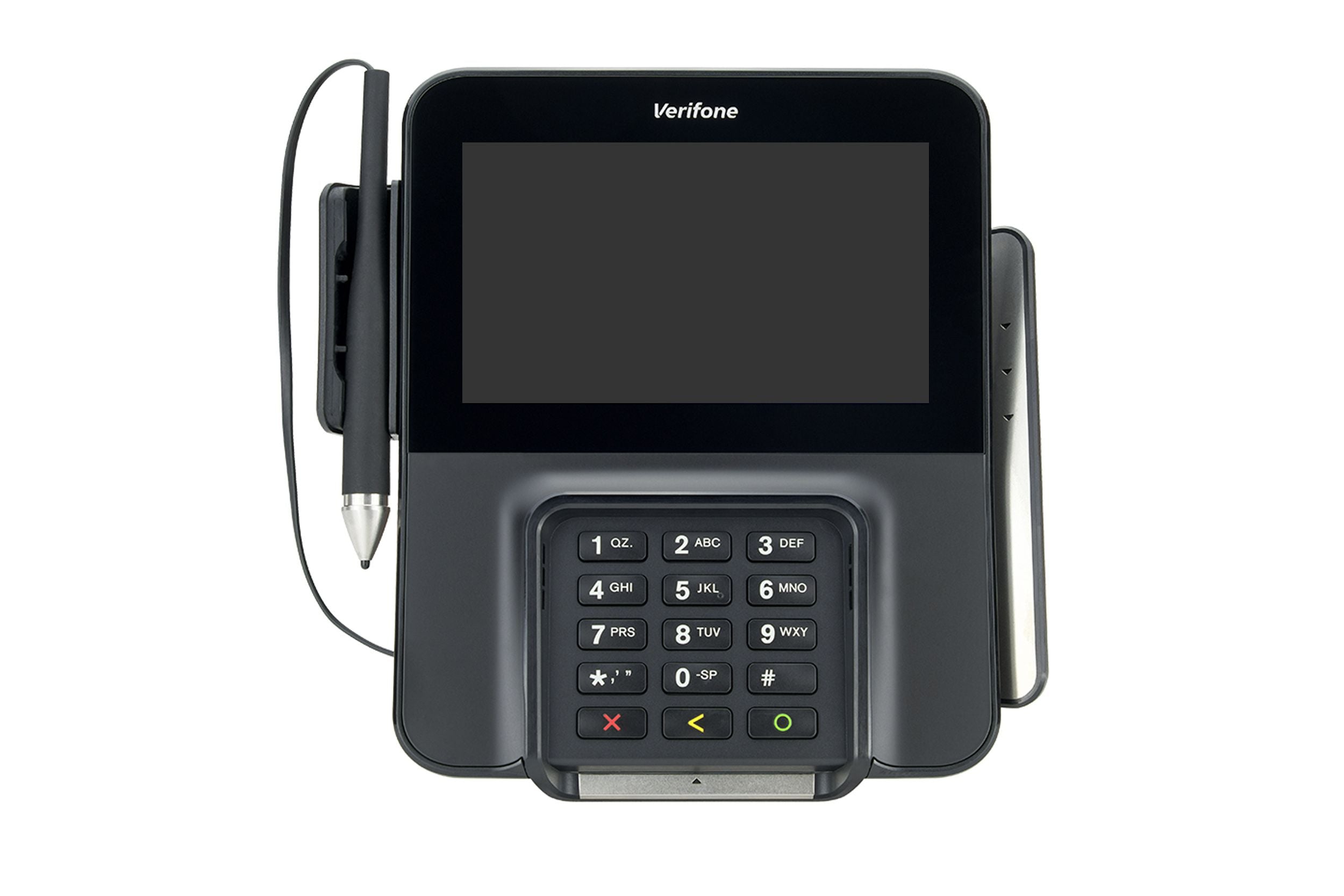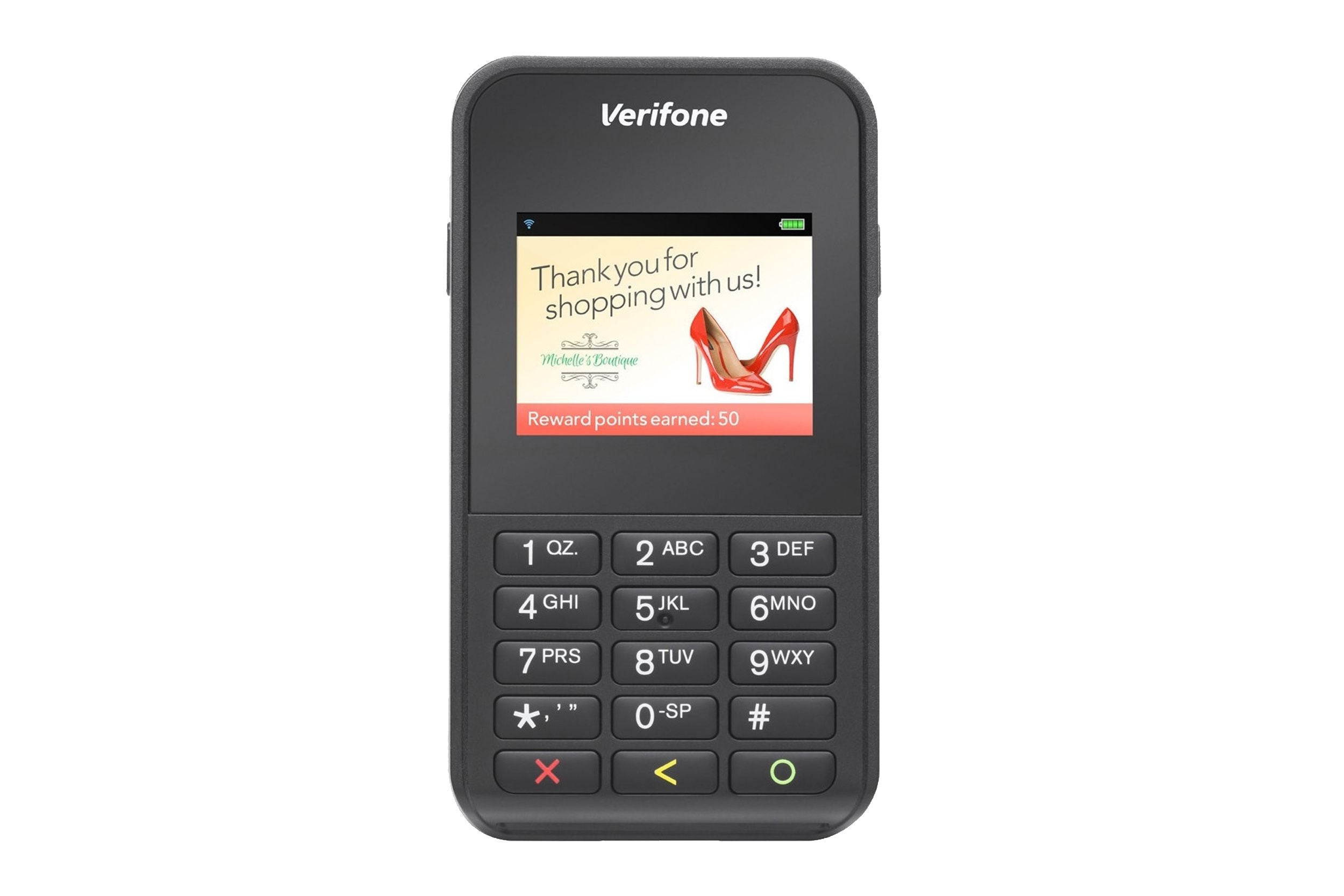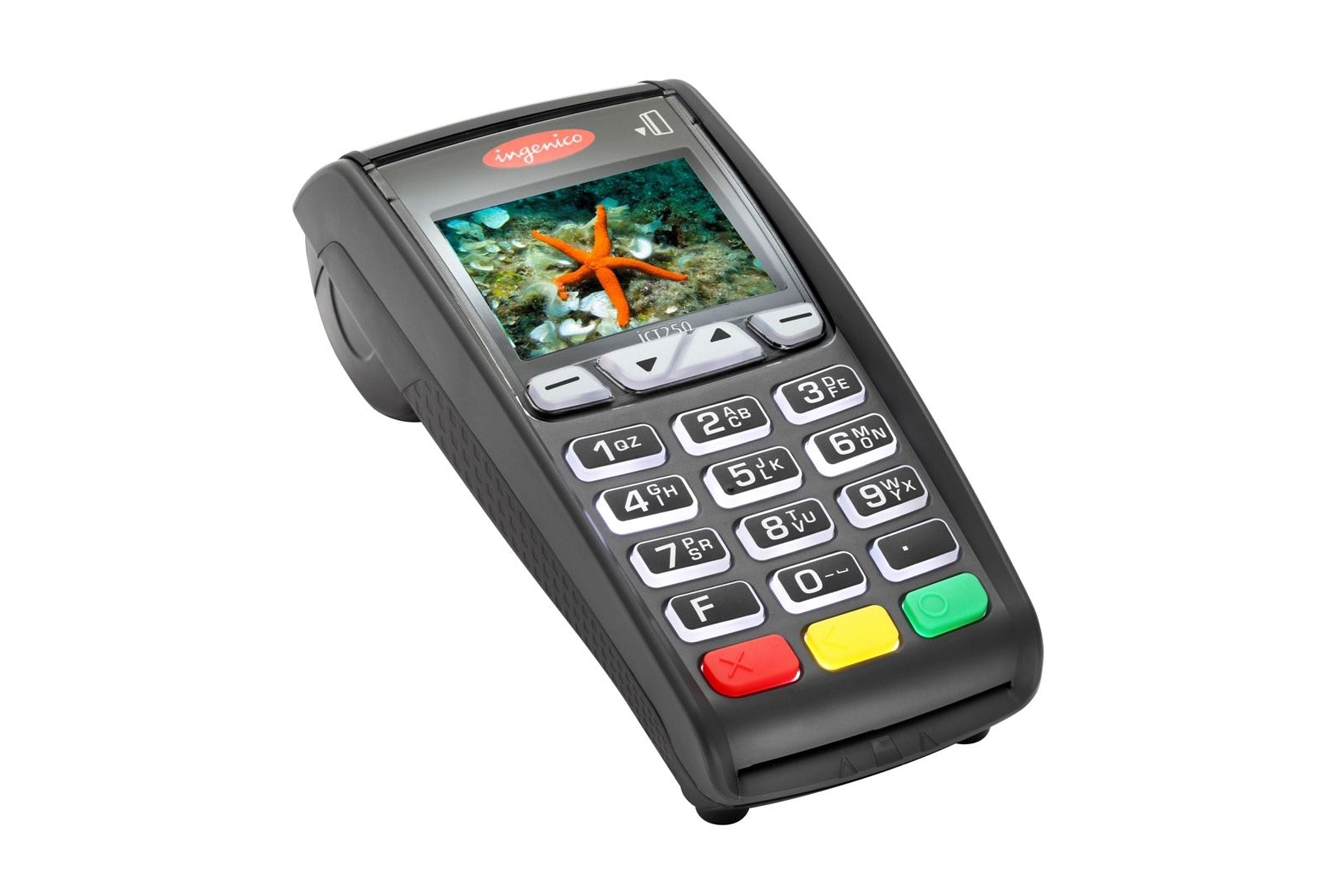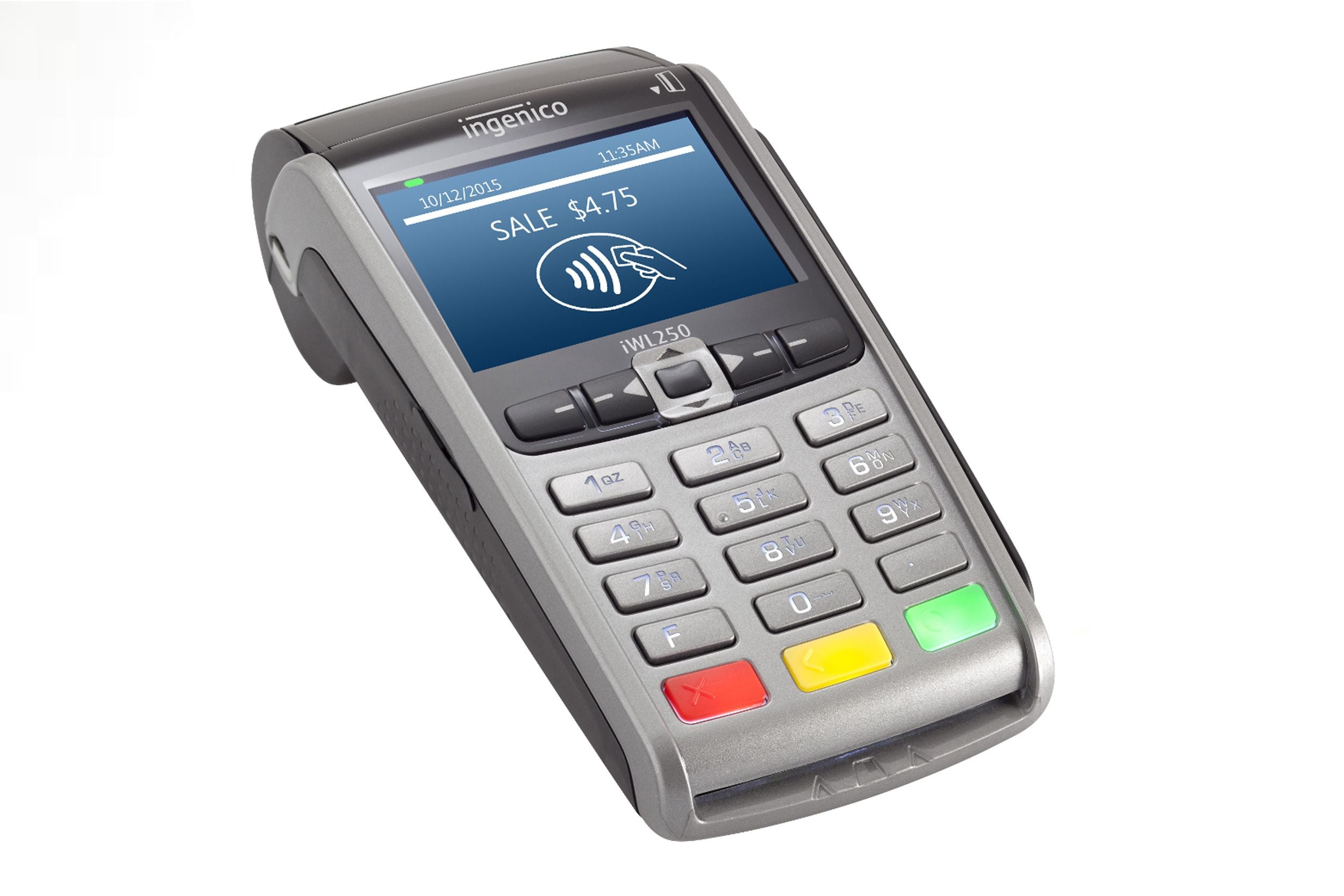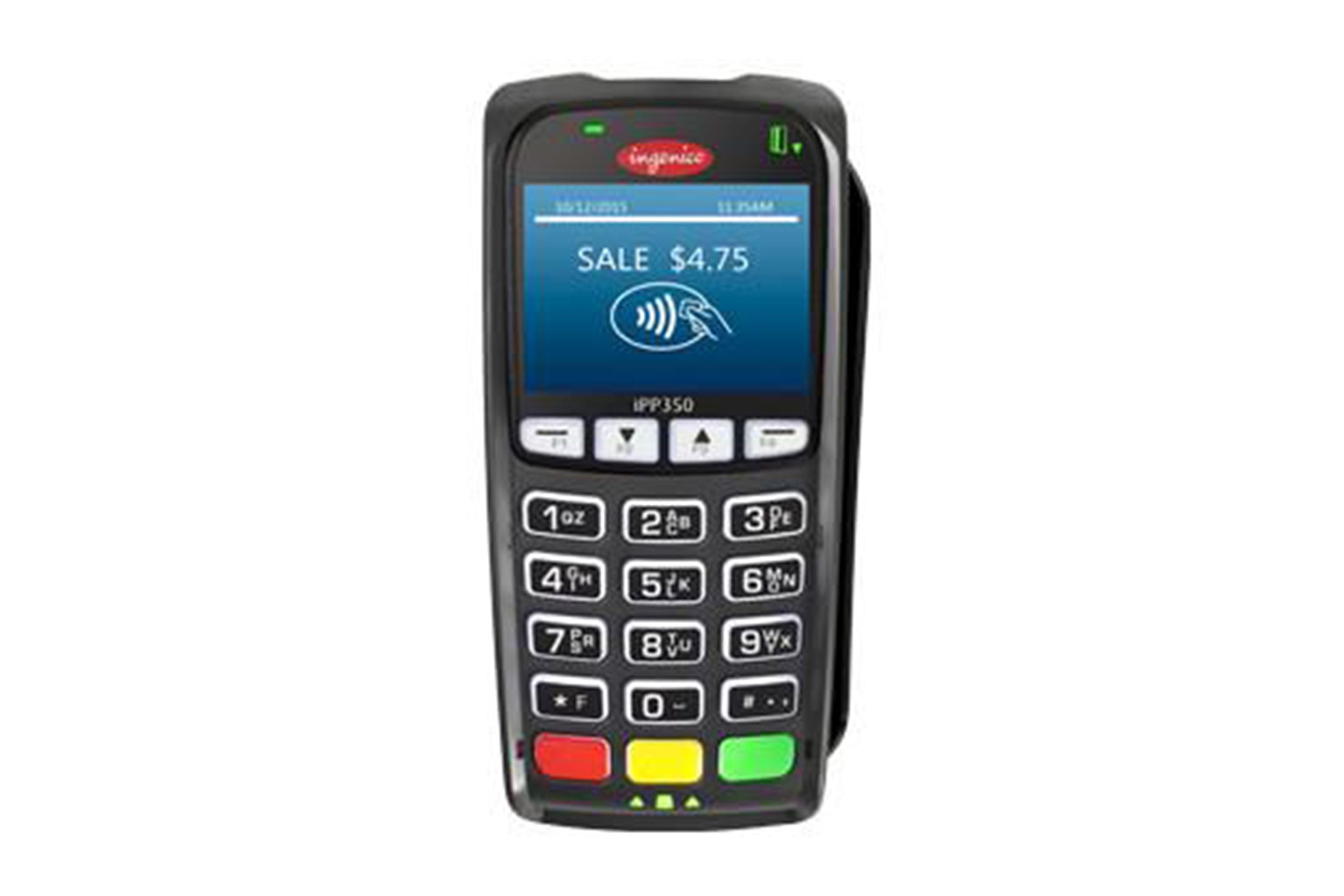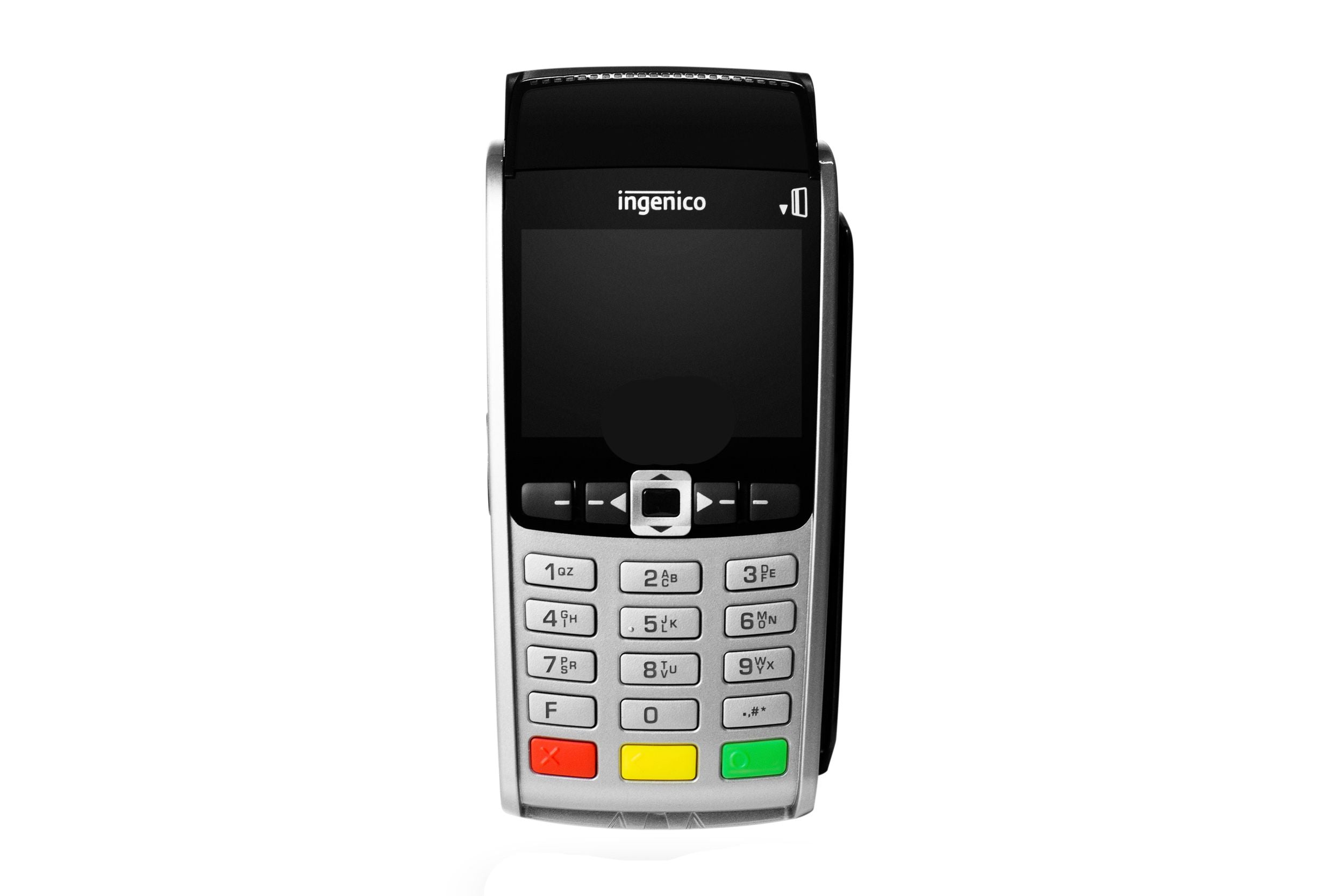
Explore our curated collection of cutting-edge credit card machines! Discover a diverse range of innovative payment solutions designed to elevate your business operations and streamline transaction processing.
From compact and portable card readers for on-the-go transactions to robust countertop terminals for high-volume businesses, our selection caters to a variety of needs and preferences. Each device is equipped with advanced encryption... Read More

FAQs
How does a Credit Card Machine work?
How to choose a credit card machine?
Are credit card machines safe?
What are the benefits of using credit card machines for businesses?
Using credit card machines for businesses offers various benefits such as:
- Increased sales due to convenience for customers.
- Lower risks as transactions are secure.
- Improved customer satisfaction.
- More efficient payment processing.
- Access to valuable sales data for business analysis.
What should businesses consider when choosing a credit card machines?
When choosing a credit card machine, businesses should consider:
- Cost of the machine and processing fees.
- Compatibility with their current systems.
- Security features to protect customer data.
- Speed and reliability of transactions.
- Customer support and ease of use.
- Additional features like contactless payment options.
What types of Credit Card Machines are available?
Do businesses need a merchant account to use a Credit Card Machine?
Are Credit Card Machines secure for processing payments?
Can Credit Card Machines accept contactless payments?
What types of cards can be processed using a Credit Card Machine?
Do Credit Card Machines provide receipts for transactions?
What Are Credit Card Machines?
Credit Card Machines are electronic devices used by businesses to process credit or debit card payments from customers. These machines read the information from a customer's payment card, verify the transaction, and transfer funds from the customer's account to the merchant's account. They are essential tools for businesses that accept card payments, providing a convenient and secure way to conduct transactions.
Advantages Of Credit Card Machines
Credit Card Machines offer several advantages for businesses:
1. Convenience: Customers can make quick and easy payments using their credit or debit cards, making transactions smooth and efficient.
2. Increased Sales: Accepting card payments can attract more customers and increase sales, as many prefer the convenience of using cards over cash.
3. Security: Credit Card Machines use encryption and secure protocols to protect sensitive customer information, reducing the risk of fraud compared to handling cash transactions.
4. Tracking and Reporting: These machines provide detailed transaction records, making it easier for businesses to track sales, manage inventory, and generate financial reports.
5. Global Transactions: Businesses can accept payments from customers around the world, opening up new markets and opportunities for growth.
6. Faster Payment Processing: Transactions are processed and settled quickly, reducing the time it takes for businesses to receive funds compared to traditional payment methods.
7. Build Trust: Offering card payment options can help build trust with customers by showcasing professionalism and modernity in business operations.
Types Of Credit Card Machines
There are several types of credit card machines available for businesses, each with its own features and functionalities. Here are some common types:
1. Traditional Credit Card Terminals: These are standalone machines that connect to a phone line or the internet to process card transactions. They are commonly used in retail stores and businesses with a fixed checkout location.
2. Mobile Credit Card Readers: These are small devices that can be attached to a smartphone or tablet to turn it into a mobile credit card terminal. They are ideal for businesses that need to accept payments on the go, such as food trucks or pop-up shops.
3. Wireless Credit Card Terminals: Similar to traditional terminals, wireless credit card machines can connect to a network via Wi-Fi or mobile data. They are useful for businesses that need flexibility in accepting payments within a certain range of their location.
4. Virtual Terminals: These are web-based interfaces that allow businesses to process credit card transactions online without requiring a physical card reader. They are often used for e-commerce businesses or phone orders.
5. Point of Sale (POS) Systems: POS systems combine hardware and software to manage sales transactions, inventory, and customer data. They can accept various forms of payment, including credit cards, and often integrate with other business operations such as accounting and customer relationship management.
6. Contactless Payment Devices: These include Near Field Communication (NFC) devices like contactless card readers or mobile wallets (e.g., Apple Pay, Google Pay). They allow customers to make payments by tapping their card or smartphone on the terminal without physically swiping or inserting a card. These are just a few examples of the types of credit card machines available for businesses, each catering to different needs and preferences.
How Do Credit Card Machines Works?
Credit card machines, also known as credit card terminals, work by securely processing payments made with credit or debit cards. Here is a general overview of how they work:
1. Card Information Entry: When a customer makes a purchase using a credit or debit card, the card information is entered into the credit card machine. This typically includes the cardholder's name, card number, expiration date, and security code (CVV).
2. Authorization Request: The credit card machine securely transmits the transaction details to the payment processor or the issuing bank for authorization. The processor verifies the card details and checks if the customer has sufficient funds to cover the transaction.
3. Authorization Response: The payment processor responds to the authorization request with an approval or denial. If approved, the transaction is authorized, and the necessary funds are reserved in the cardholder's account for settlement.
4. Transaction Processing: Once the transaction is authorized, the credit card machine processes the payment and generates a receipt for the customer to sign or receive electronically.
5. Batch Settlement: Throughout the day, the credit card machine collects authorized transactions into a batch. At the end of the day, the merchant sends this batch to the payment processor for settlement.
6. Funds Transfer: After settlement, the funds are transferred from the customer's bank to the merchant's account, typically within a few business days, minus any processing fees.
7. Receipt Printing or Sending: The credit card machine then prints a receipt for the customer to sign or issues an electronic receipt if preferred. This process ensures the security and integrity of credit card transactions and helps prevent fraud. It involves multiple parties, including the cardholder, the merchant, the acquiring bank (merchant's bank), the issuing bank (customer's bank), and the payment processor.
Overall, credit card machines play a crucial role in facilitating electronic payments securely and efficiently for businesses and customers alike.
Security Measures For Credit Card Machines
Security measures for credit card machines are crucial to protect sensitive cardholder data and prevent fraud. Here are some common security measures implemented to safeguard credit card transactions:
1. Encryption: Data transmitted between the credit card machine and the payment processor should be encrypted to prevent unauthorized access and interception. Secure encryption protocols, such as SSL/TLS, help protect cardholder information during transmission.
2. EMV Chip Technology: EMV chip technology adds an extra layer of security by generating a unique code for each transaction, making it harder for fraudsters to clone cards compared to magnetic stripe cards.
3. Tokenization: Tokenization replaces sensitive cardholder data with a random token during transactions. This helps prevent actual card information from being stored or transmitted, reducing the risk of data breaches.
4. PCI DSS Compliance: Payment Card Industry Data Security Standard (PCI DSS) outlines security requirements for businesses that process card payments. Compliance with PCI DSS helps ensure the secure handling of card data and reduces the risk of data breaches.
5. Point-to-Point Encryption (P2PE): P2PE encrypts card data at the point of interaction and keeps it encrypted until it reaches the payment processor, reducing the risk of interception at various points in the transaction process.
6. Secure PIN Entry: For debit card transactions, ensuring a secure PIN entry process is essential to protect PINs from being compromised by fraudsters.
7. Physical Security: Implementing physical security measures, such as securing the credit card machine to prevent tampering, can help protect against skimming devices and unauthorized access.
8. Regular Software Updates: Keeping the credit card machine's software up to date with the latest security patches and firmware updates helps address vulnerabilities and enhances overall security. 9. Employee Training: Providing training to staff on security best practices, including how to identify and respond to potential security threats, can help prevent breaches resulting from human error.
By implementing these security measures, businesses can help protect cardholder data, maintain customer trust, and reduce the risk of fraud associated with credit card transactions.

